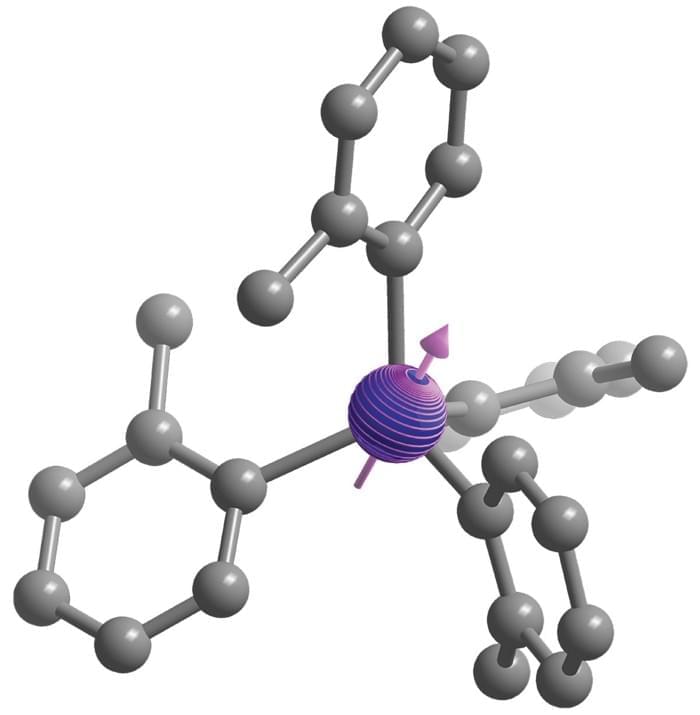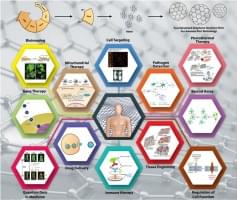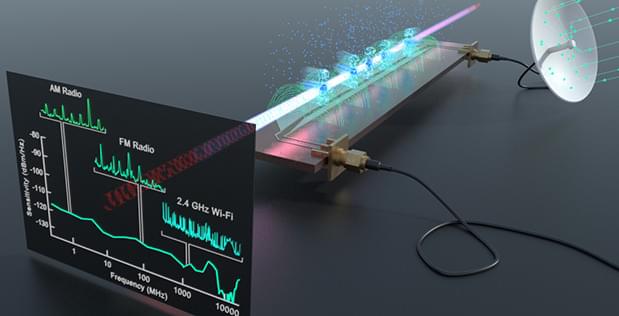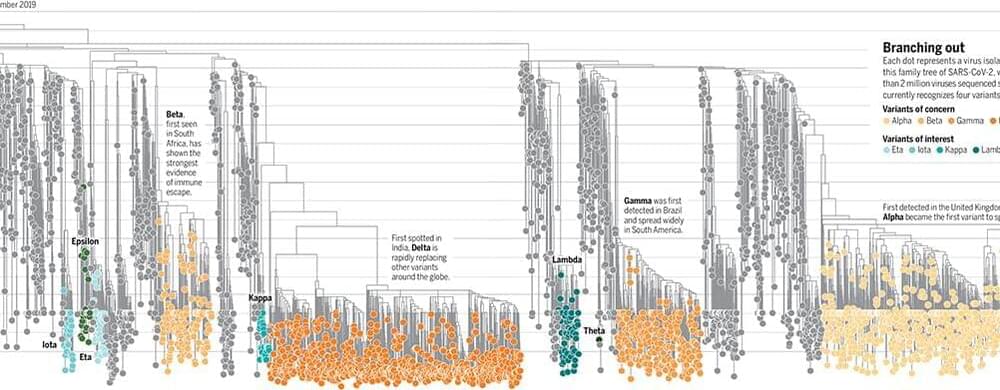DARPA today announced the research teams selected for the Quantum Apertures (QA) program, which seeks to develop a fundamentally new way of receiving radio frequency (RF) waveforms to improve both sensitivity and frequency agility for defense applications. The selected teams will be led by Honeywell, Northrop Grumman, ColdQuanta, and SRI International.
The QA program aims to develop RF antennas, or apertures, that use quantum techniques to alter the way the RF spectrum is accessed. The goal is to develop portable and directional RF receivers with significantly greater sensitivity, bandwidth, and dynamic range than any classical receiver available today.
“Today, commercial wireless infrastructure, the construct of spectrum use, and beyond have been dictated by a hundred years’ worth of antenna theory, originally developed by German physicist Heinrich Hertz,” said John Burke, the program manager leading the QA program. “With the introduction of quantum, we have the ability to replace the existing fundamental limits placed on antenna technology with a whole new set of rules. Quantum Apertures seeks to create a paradigm shift in the way we access and use the spectrum.”







